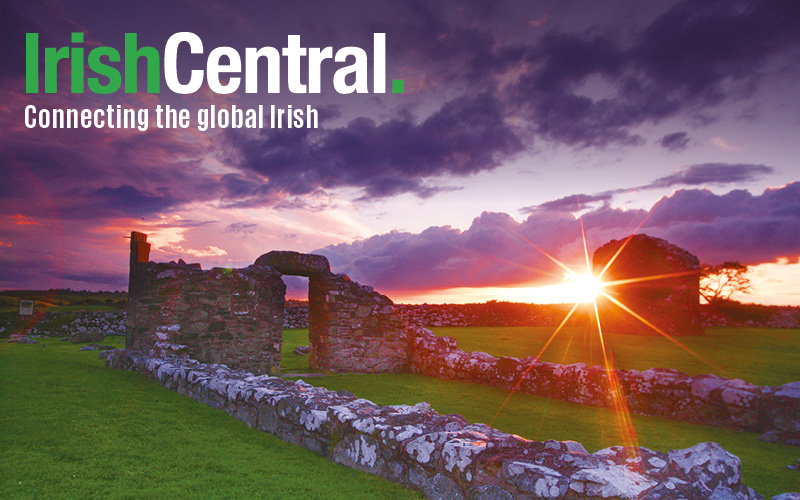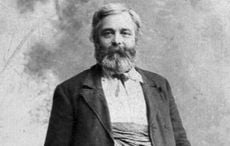This Sunday, November 6, will see Shelbourne play Sligo Rovers in the FAI Cup Final at the Aviva Stadium in Dublin. It will be Sligo’s third final in as many years, and they will play a Shelbourne side which has plied their trade a division lower than Sligo for the past five years, but one which will join them in the Premier Division in 2012 having wrapped up promotion from the League of Ireland First Division last week.
The final marks a fitting bookend to what many at Shelbourne will surely hope is now a closed chapter in their history, their five-year stint in the wilderness of the lower reaches of the League of Ireland.
Following Shelbourne’s 13th national league title win in 2006, the club was consumed by a financial catastrophe which very nearly brought an end to over a century of Shelbourne history.
The club had spent lavishly to acquire, and keep, the best talent in Irish domestic soccer, drawing down on funds acquired for the sale of their home stadium, Tolka Park.
However, with the ultimate aim of this lavish spending being qualification for the group stages of
European competition, the club stretched itself far beyond its financial capabilities. As the European dream failed to materialize (despite coming very close on occasion) the club found itself racked with debt, unable to pay players and facing winding up orders from the revenue commissioner.
By the start of the 2007 season Shelbourne had lost all but two of their playing staff, the entire management team had departed and those who remained at the club faced a struggle to field a side for their new life in the League of Ireland First Division.
Thanks to a monumental effort from new manager Dermot Keely and a band of volunteers, the club was able to steady the ship and attain a mid-table finish to their first season in the league.
That the First Division is known by many in League of Ireland circles as the “graveyard” due its ability to cause near fatal financial trouble for clubs plying their trade in the division, it shows just how far Shelbourne had fallen since their coronation as Premier Division champions a few months back.
A last minute goal in the final game of the 2008 season by Limerick’s Colin Scanlon denied Shels’s promotion, and near misses in the 2009 and 2010 seasons kept the club treading water in the lower division.
With the long-term future of Shelbourne hanging more precariously with each extra year spent away from the relative riches of Premier Division soccer the club was never far from danger as crowds dwindled and hope of a return to the big time faded.
However, with the arrival of Alan Matthews and a host of new signings in 2011 Shels were able to lead the way in a highly competitive division and finally attained their goal of promotion to the League of Ireland Premier Division last Tuesday night, with a 4-0 victory over Finn Harps at Tolka Park.
For those at the club who have endured five years of worries over the future sustainability of their club, this will be seen as a moment of overdue redemption and a return to their rightful place at the top table of Irish soccer.
The FAI Cup final, the end of season showcase at the association’s national stadium in Dublin, serves as a somewhat poetic bookend to Shelbourne’s problems and a welcome launching pad for their return to the top flight.
Having played in front of crowds of sometimes less than 500 people this year, it will surely be a somewhat surreal moment for the players to line out on Sunday in front of a crowd which should be, at least, 30 or 40 times larger.
Sligo Rovers reached the final following a semifinal victory over Bohemians and will rightly be considered favorites to retain their trophy.
However, a strong showing from Shelbourne over two ties against premier division outfit, and long time Dublin rivals, St. Patrick’s Athletic in the other semifinal will mean the Shels players and fans will go into the tie quietly confident they can cause an upset.
Over the course of 180 minutes Shels more than matched a St. Pat’s side that, on paper, were heavily favored when the draw was made. The sides played out a 1-1 draw at Tolka Park before Shelbourne came out eventual 3-1 winners after the replay in Inchicore.
Under manager Paul Cooke, Sligo have been one of the league’s most successful sides, finishing second in this year’s Premier Division and doing so playing a quick, skillful passing game which has won many admirers around the league.
If they can play to their capabilities on Sunday then it will certainly be a challenge for Shels to contain their attacking threat.
The Sligo midfield duo of Richie Ryan and Joseph N’Do, a veteran of two World Cup campaigns with Cameroon, will be Sligo’s main strength as they serve to dictate the tempo of the team’s quick passing game.
Shelbourne will have to hope that their key players, such as midfielders David Cassidy and Kevin
Dawson, will be able to carry on their recent rich vein of form to combat the influence of Ryan and N’Do.
If Shelbourne can frustrate Sligo and limit their ability to implement their brand of free flowing, attacking football then there will be hope that they can spoil Sligo’s party.
That’s a prospect that can never be ruled out with the prolific Philly Hughes leading the line with 20 league goals in 30 appearances this season, and the aforementioned David Cassidy enjoying the kind of season that might soon have the Shels faithful petitioning for his canonization.
While Sligo will expect to leave Dublin 4 as cup champions, there is little doubt which set of supporters will find the day more meaningful in the greater scheme of things.
Having survived a brush with death and faced their own morality more often than they will care to admit, Shelbourne will likely appreciate this cup final more than the previous 18 which they have contested.
Following five long years of playing games in empty stadiums around the Ireland’s rural towns, often in front of little more than a handful of diehard supporters, the moment of redemption at the Aviva Stadium in front a crowd of somewhere between 20-30,000 people will serve to go someway to soothe the wounds of their recent trials.
The symbolism of this re-birth taking place in their birthplace, the Dublin 4 area of Ringsend, the original home of the club, will not go unnoticed.
As they make their way to Sunday’s game Shels fans will surely enjoy a sense of returning to where they belong, in more ways than one.




Comments